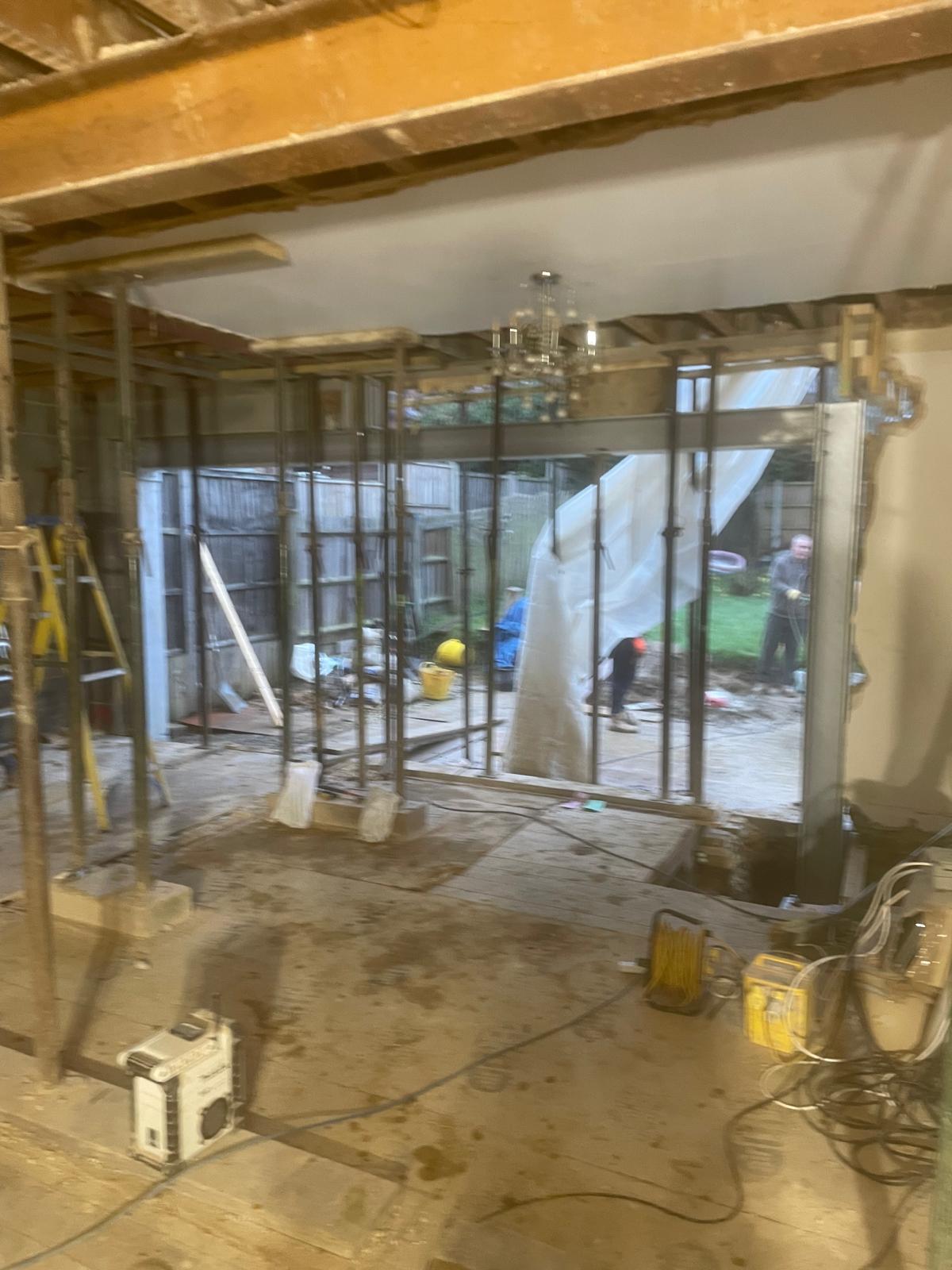So, Do I Need an Architect for My House Extension?
When planning a house extension, one of the first questions many homeowners ask is: Do I need an architect for my house extension? The answer depends on your project’s size, complexity, and budget. While some extensions can be designed and built without an architect, others benefit greatly from professional input. In this blog, I’ll explore when hiring an architect is worthwhile, what alternatives exist, and how to make the best decision for your extension project.
What Does an Architect Actually Do?
Architects are trained to design buildings and spaces that balance function, safety, and aesthetics. When it comes to house extensions, their role can include: design and layout (creating detailed drawings that make the most of available space), planning applications (preparing plans and documents for local authority approval), building regulations (ensuring designs comply with legal safety standards), and project management (overseeing construction and coordinating with contractors). While you might assume their role is just about design, architects also help manage technical and legal aspects of building work.
Do You Always Need an Architect?
The short answer is no — not every extension requires an architect. For smaller, straightforward projects, an experienced builder or design-and-build company can often handle both design and construction. However, larger or more complex projects may benefit from an architect’s skills. For example, a simple rear extension that adds space to a kitchen might only require a builder and structural engineer. A double-storey extension on a listed or period property could need an architect to handle design challenges and planning restrictions. A wraparound extension that changes the layout of the home might require creative input to maximise space and light. If your project falls under permitted development rights, you may avoid the need for an architect. However, complex builds usually require more detailed drawings to gain approval and meet regulations.
When an Architect Adds Value
Architects aren’t just about design — they add practical value in situations where extensions need careful thought. Hiring an architect can be worthwhile if you live in a conservation area (planning rules are stricter, and a professional can help navigate them), your home is listed (specialist knowledge ensures extensions preserve historic character while meeting legal standards), you want a unique design (if you want more than a standard box extension, an architect can create bespoke layouts), your budget is flexible (architects charge fees, usually a percentage of the project cost, but their designs can add resale value), or you want project management support (some homeowners prefer handing over planning, tendering, and build oversight to professionals). In these cases, an architect helps avoid mistakes and ensures you get a high-quality finish.
Alternatives to Hiring an Architect
If you decide not to hire an architect, there are other professionals who can support your project. Architectural technologists focus more on technical drawings and building regulations than creative design. Structural engineers are essential if your project involves removing walls or altering load-bearing structures. Design-and-build companies, such as We R Builders, provide both design and construction services under one roof. Planning consultants are useful if you’re unsure about local rules or whether your project qualifies under permitted development rights. For many homeowners, this combination of professionals is enough to complete an extension successfully without a traditional architect.
Understanding Planning and Regulations
Even without an architect, your extension still needs to comply with local planning laws and building regulations. In some cases, your extension may qualify under permitted development, which allows certain work without full planning permission. However, larger or more complex projects usually require approval. A professional builder can guide you through planning requirements and help ensure all documentation aligns with GOV.UK guidelines. Skipping this stage risks fines, delays, or even being asked to remove unauthorised work.
The Cost Factor
One of the main reasons homeowners avoid hiring architects is cost. Fees typically range from 5% to 12% of the total project cost. For a modest extension, this can feel like a big expense. However, consider the potential savings: a well-designed extension can increase property value significantly, detailed drawings reduce mistakes during construction, and good design helps improve energy efficiency, reducing long-term bills. For straightforward projects, you might prefer to spend more of your budget on the build itself. For complex projects, however, the investment in an architect may pay off in the long run.
Working Without an Architect
If you decide not to use an architect, you can still ensure your project runs smoothly by hiring an experienced builder with proven design-and-build experience, requesting detailed drawings from an architectural technologist, ensuring a structural engineer signs off on major changes, checking reviews of contractors on Trust a Trader before hiring, and confirming all paperwork complies with building control. By taking these steps, you reduce risks while keeping costs manageable.
Aftercare and Long-Term Considerations
An often-overlooked part of house extensions is what happens after the build is complete. Professional contractors, like We R Builders, provide aftercare services to deal with small issues that arise once you start living in the new space. Without this support, minor defects may go unresolved and become bigger problems later.
So, Do You Need an Architect?
Ultimately, the answer depends on your project’s complexity and your priorities. If your extension is straightforward, you may not need one. A skilled builder supported by a structural engineer can often handle everything. However, if your project involves unique design, conservation requirements, or complex layouts, an architect can provide significant value.
My Conclusion
At We R Builders, we’ve supported many clients in Kent with house extensions, both with and without architects. Our team manages design, construction, and compliance, offering a complete service tailored to your budget. If you’re still asking, “Do I need an architect for my house extension?” the best next step is to seek advice based on your specific project. Contact us for a free consultation, and we’ll guide you through the options to ensure your extension is practical, compliant, and cost-effective.

